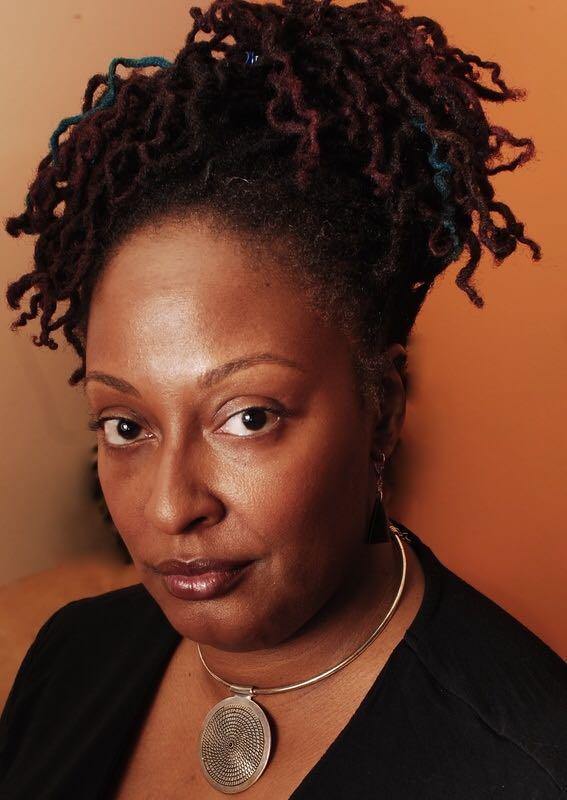Aisha Damali Lockridge, Ph.D., was elected Faculty Senate president at the end of the spring 2019 semester. Lockridge is currently an associate professor of English with a specialty in African-American Literature, Black Women’s Studies and Black Popular Culture.
The Hawk spoke with Lockridge about her plans for Faculty Senate.
What do you hope to accomplish as the new Faculty Senate President?
Picking up from the good work of Ron Dufresne [Ph.D., associate professor of management], I hope to guide the faculty to collectively consider our curriculum while being proactive and intentional in increasing diversity and access.
What has been your experience as a female African American professor at a predominantly white institution (PWI)?
Well, we have to go back a little. I earned my Ph.D. at my PWI. I was the only Black person in my cohort, and one of three in my program. My first academic position was at a PWI. There I was the only Black woman faculty member during my five year tenure; I’m not sure there was one before me. St. Joe’s is not my first time at this particular rodeo. At this institution primarily, I would say I have, most often, been the recipient of a benevolent sort of racism. This has been a place where it is not uncommon: for students to express surprise at my depth of knowledge in my field of study; for faculty and staff, after six years, to confuse me for other Black women on campus; for any debate that I participate in to be deemed overly passionate or angry. Because reading, writing, and teaching literature is what I most want to do, I take these, and similar instances, in stride.
As the first person of color—if my research is correct—to serve as head of the Faculty Senate, what, if any, challenges do you anticipate?
One of the ways institutions last as long as they do is that they do not change, or they change very, very slowly. This will be my biggest challenge: an institutional resistance to change and to difference.
Do you think St. Joe’s is adequately addressing instances of racism on campus? Explain.
No. I do not think St. Joe’s has fully reckoned with the day-to-day racism that occurs on campus, particularly in on-campus housing. The institution takes note during crisis, but vigor and interest in long-term solutions dissipates in the aftermath.
What is the role of the Faculty Senate in helping to bring about those changes?
Rethinking our pedagogical practices and goals can help foster change. Are we teaching the same exact things in the same exact ways as we were taught as students? Are our pedagogical strategies the best practices for our current students? A culture of intention can make a significant difference coupled with a willingness to revise, rewrite, and when necessary, abandon policy. To this end, there are a few mandates working through governance that may hopefully foster meaningful change.
In what ways will you push your colleagues to address racism and bias on campus? Even in Faculty Senate?
Collectively, we must both rethink, and where necessary, alter current practices and curriculum. We must put the needs of the students first, determining, ultimately, if the present structures are helping our students become good citizens. And most significantly, I will ask us to be brave enough to make the changes that are needed.













































